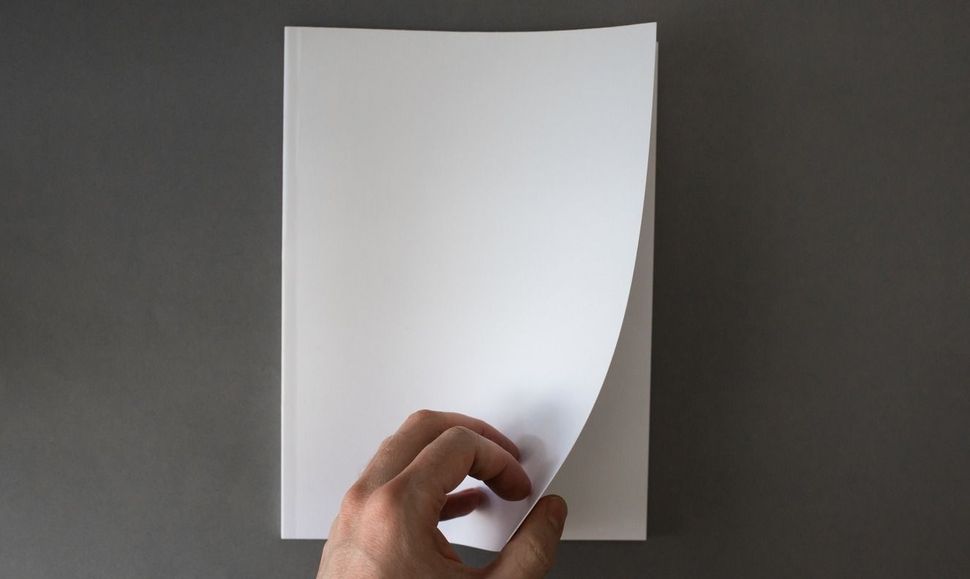What will you write in the Book of Life?

Image by iStock
For more than two decades, we have served as congregational rabbis in some of the largest synagogues in the United States. We’ve faced all sorts of challenges throughout our careers but we’ve never experienced anything like the present moment.
Just a few months before the COVID-19 pandemic led to stay-at-home orders in our communities, the three of us gathered together in Bolinas, California to brainstorm new ways to engage spiritual seekers. We sat with thought-leaders and teachers, we took long walks together, and we spent a good deal of time thinking about a powerful and central Jewish metaphor: the Book of Life. (We are grateful to Mark Pincus, a member of one of our congregations, for inspiring our initial conversation about the Book of Life.)
Our High Holy Day liturgy describes our wish to be inscribed in Sefer Chayyim Tovim, the “Book of Good Life,” which, according to our tradition, represents a life of well-being, compassion, love, and meaning. We began to imagine a set of experiences designed to enable participants to reflect on what chayyim tovim (a good life) might mean to them. Through meditation, reflection, study, journaling, and discussion, how might we gain a deeper understanding of the lives we wish to be living? How might we, both metaphorically and literally, write the most meaningful pages of our own Book of Life?
At the end of March, we launched the first chapter of the Book of Life Project: an online class, team taught by the three of us on Zoom, that begins with guided meditation and includes a short Torah study, small-group discussion, and time for reflective writing. The community we’ve created includes participants from our respective shuls as well as family, friends and new friends from around the world.
Here’s what we’ve learned over the past few months:
-
Now more than ever we need what our tradition calls chevruta — a “study fellowship. Chevruta is not simply a friendship – it’s a friendship consciously devoted to learning and growing together, to pushing one another, questioning, dialoguing and debating. We have found that in one another and we try to bring that energy to the small-group discussions that are part of our online class.
-
There are many, many people in our communities who are seeking meaning, inspiration, and hope right now. Our tradition is filled with stories and texts that can help. We see ourselves as guides, opening doors to dialogue and conversation that can help all who are open to it to write the next chapter in their Book of Life.
-
Technology allows us to build this type of learning experience in ways that our ancestors could not have imagined. We feel blessed to be able to serve as Marbitzei Torah (transmitters of Torah) in a moment like this when we can connect with one another safely across multiple time zones.
-
For obvious reasons, we do not gather in the same physical space for our sessions but that doesn’t mean that what we are experiencing is virtual. We have found ways to truly be together, to get to know one another, to share our lives, our concerns, our hopes, and our fears. What we are creating together is real.
This past week, we celebrated Rosh Chodesh Elul – the first day of the Hebrew month of Elul. It means Rosh HaShanah is a month away. We are focusing our learning and reflection now on preparing for the Days of Awe and thinking specifically about what we’ve written in our Book of Life over the year that has passed and what we hope to write in the year to come.
You’re invited to join us – visit our website to learn how.
Every day is another page in our Book of Life. What will you write today?
Matthew Gewirtz is Senior Rabbi at Congregation B’nai Jeshurun in Short Hills, New Jersey.
Sydney Mintz is Senior Associate Rabbi at Congregation Emanu-El in San Francisco, California.
Yoshi Zweiback is Senior Rabbi at Stephen Wise Temple in Los Angeles, California.
















